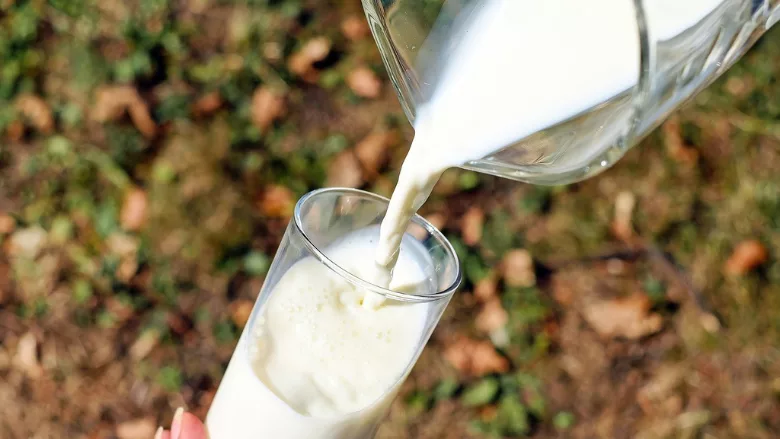Common Bacterial Test Used by Dairy Industry Insufficient for Raw Milk, Study Suggests

Image credit: Couleur via Pixabay
In a recent study published in the Journal of Dairy Science, researchers from Cornell University have demonstrated the inadequacy of an industry standard quality test for raw, organic milk, as it cannot sufficiently differentiate between groups of bacteria.
The test evaluated in the study is called Laboratory Pasteurization Count (LPC), which some dairy processors and cooperatives use to troubleshoot bacterial contamination issues and to designate premiums for high raw milk quality. Despite occasionally being used as a proxy for levels of bacterial spores in raw milk, there is limited knowledge of the types of organisms that are enumerated by LPC in contemporary raw milk supplies. Little research has been done on LPC in the past two decades.
To fill this data gap, the researchers used LPC to assess organic, raw milk samples from across the U.S., and then characterized the bacterial isolates with sequencing technology. The researchers found that, although LPC enumerates thermoduric bacteria (bacteria that is resistant to high temperatures), it cannot differentiate spore-forming from non-spore-forming thermoduric bacteria.
The presence of spore-forming thermoduric bacteria greatly affects milk quality and the appropriate control methods. Spore-forming thermoduric bacteria can cause dairy products to spoil. Additionally, while some types of spore-forming thermoduric bacteria are inherent to farm environments—present in bedding, feed, and the air—non spore-formers are able to be controlled through proper sanitation and hygiene, as they mainly contaminate milk when they are present in improperly cleaned milking equipment. Therefore, differentiating between spore-forming and non-spore-forming thermoduric bacteria is important information to correctly identify the root cause of high LPC counts.
Looking for quick answers on food safety topics?
Try Ask FSM, our new smart AI search tool.
Ask FSM →









